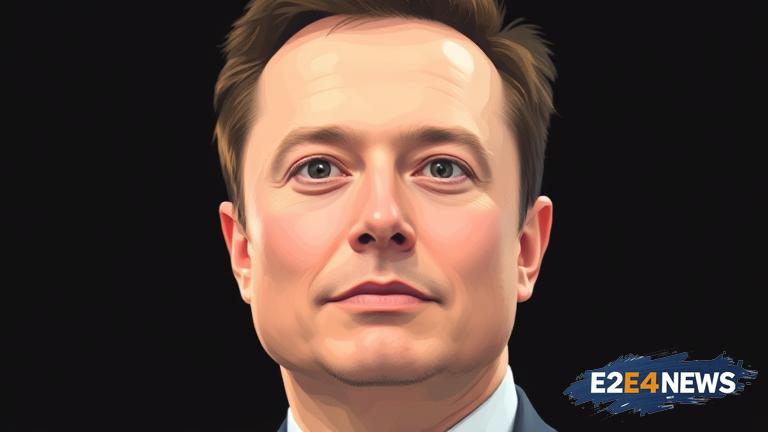In a shocking move, XAI, a company founded by billionaire entrepreneur Elon Musk, has filed an antitrust lawsuit against two of the world’s most influential tech companies, Apple and OpenAI. The lawsuit, which was filed in a US court, alleges that Apple and OpenAI have engaged in anti-competitive practices that have hindered XAI’s ability to operate in the market. According to the lawsuit, Apple’s strict control over its App Store has made it difficult for XAI to distribute its products, while OpenAI’s dominance in the AI market has limited XAI’s access to key technologies. The lawsuit claims that Apple’s App Store review process is unfair and biased, and that the company has used its market power to stifle innovation and competition. XAI also alleges that OpenAI has engaged in anti-competitive practices by limiting access to its AI models and algorithms, making it difficult for other companies to develop competing products. The lawsuit is the latest in a series of antitrust cases filed against big tech companies in recent years, and is likely to have significant implications for the tech industry as a whole. Elon Musk, who is known for his outspoken views on technology and innovation, has been a vocal critic of big tech companies and their business practices. The lawsuit is seen as a major challenge to the dominance of Apple and OpenAI, and could potentially lead to significant changes in the way that these companies operate. XAI is seeking damages and injunctive relief in the lawsuit, and is asking the court to order Apple and OpenAI to change their business practices. The case is likely to be closely watched by regulators and industry observers, and could have significant implications for the future of the tech industry. The lawsuit is also seen as a test of the US antitrust laws, and could potentially lead to changes in the way that these laws are enforced. In recent years, there have been growing concerns about the market power of big tech companies, and the impact that this has on innovation and competition. The lawsuit filed by XAI is seen as a major step towards addressing these concerns, and could potentially lead to a more level playing field for smaller companies and startups. The tech industry is likely to be watching the case closely, and is waiting to see how the court will rule. The outcome of the case could have significant implications for the future of the industry, and could potentially lead to changes in the way that big tech companies operate. The lawsuit is also seen as a major challenge to the business model of Apple and OpenAI, and could potentially lead to changes in the way that these companies generate revenue. XAI is a relatively new company, but it has already made a significant impact in the tech industry. The company was founded by Elon Musk, who is known for his innovative approach to technology and business. XAI is focused on developing AI technologies, and has already made significant progress in this area. The company’s lawsuit against Apple and OpenAI is seen as a major step towards establishing itself as a major player in the tech industry. The case is likely to be complex and contentious, and could potentially take years to resolve. However, the outcome of the case could have significant implications for the future of the tech industry, and could potentially lead to changes in the way that big tech companies operate. The lawsuit filed by XAI is seen as a major challenge to the dominance of Apple and OpenAI, and could potentially lead to a more level playing field for smaller companies and startups. The tech industry is likely to be watching the case closely, and is waiting to see how the court will rule. The outcome of the case could have significant implications for the future of the industry, and could potentially lead to changes in the way that big tech companies operate. In conclusion, the lawsuit filed by XAI against Apple and OpenAI is a significant development in the tech industry, and could potentially have major implications for the future of the industry. The case is likely to be closely watched by regulators and industry observers, and could potentially lead to changes in the way that big tech companies operate.
